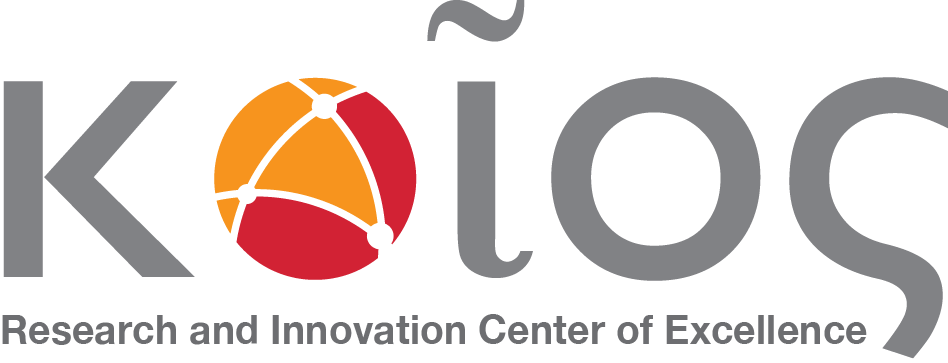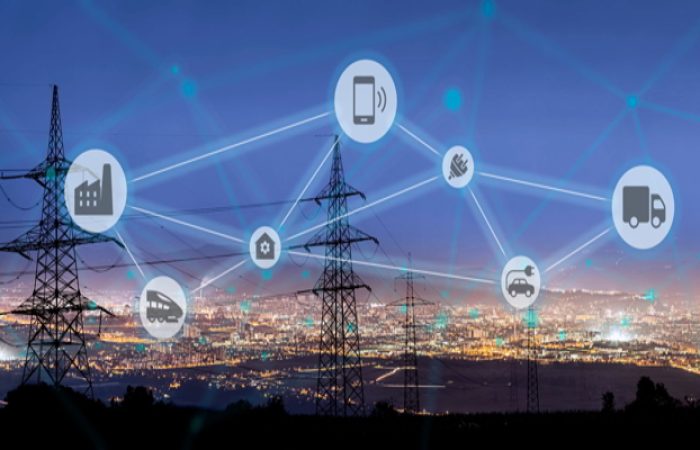The ELECTRON research project aims at delivering a new-generation platform for Electrical Power and Energy Systems (EPES), capable of empowering the resilience of energy systems against cyber, privacy, and data attacks through four main pillars: risk assessment and certification, anomaly detection and prevention, failure mitigation and energy restoration, and addressing internal threats and gaps through Virtual Reality (VR) and Augmented Reality (AR) technologies.
In the era of hyper-connected digital economies, the smart technologies play a vital role in the operation of the Electrical Power and Energy Systems, transforming it into a new, decentralised model with multiple benefits, such as distributed generation, pervasive control, remote monitoring, and self-healing. However, the growing number of cybersecurity incidents in EPES promotes the need for shielding against a variety of threats, ranging from cyberattacks, dynamic and evolving Advanced Persistent Threats (APTs), and privacy violations, to electricity disturbances and severe human errors caused by lack of relevant training.
The diverse threats that modern EPES are facing require novel and holistic solutions that employ cutting-edge technologies to detect and mitigate threats, while continuously assessing the dynamic EPES environment, ensuring compliance with the latest cybersecurity standards and training the EPES personnel to appropriately respond to cybersecurity incidents and mitigate the human-error factor. ELECTRON will foster an energy ecosystem on cybersecurity polices and recommendations, via three novel authorities, namely the cybersecurity lighthouse, the cybersecurity training and certification authority, and the energy trading centre.
The ELECTRON project brings together a team of experienced partners dedicated to contributing, each in their respective area of expertise, to the successful implementation of the project objectives. It consists of thirty-four partners representing research institutes, universities, technology providers, testbed providers (end-users) and industrial partners (including SMEs) from thirteen EC member states, i.e., Belgium, Cyprus, France, Greece, Israel, Italy, Luxemburg, Netherlands, Norway, Romania, Spain, Sweden and Ukraine. It is coordinated by INTRASOFT International.
KIOS CoE is contributing to ELECTRON vision with key technical expertise on EPES’ modelling and control, including cyber security aspects such as definition of scenarios and requirements, innovative solutions for pro-active islanding schemes for nano and microgrids, and on the pre-piloting and validation phase of the ELECTRON platform and services using its power system testbed facility.
Project’s website: https://electron-project.eu/

This project has received funding from the European Union’s Horizon 2020 research and innovation programme under grant agreement No 101021936



